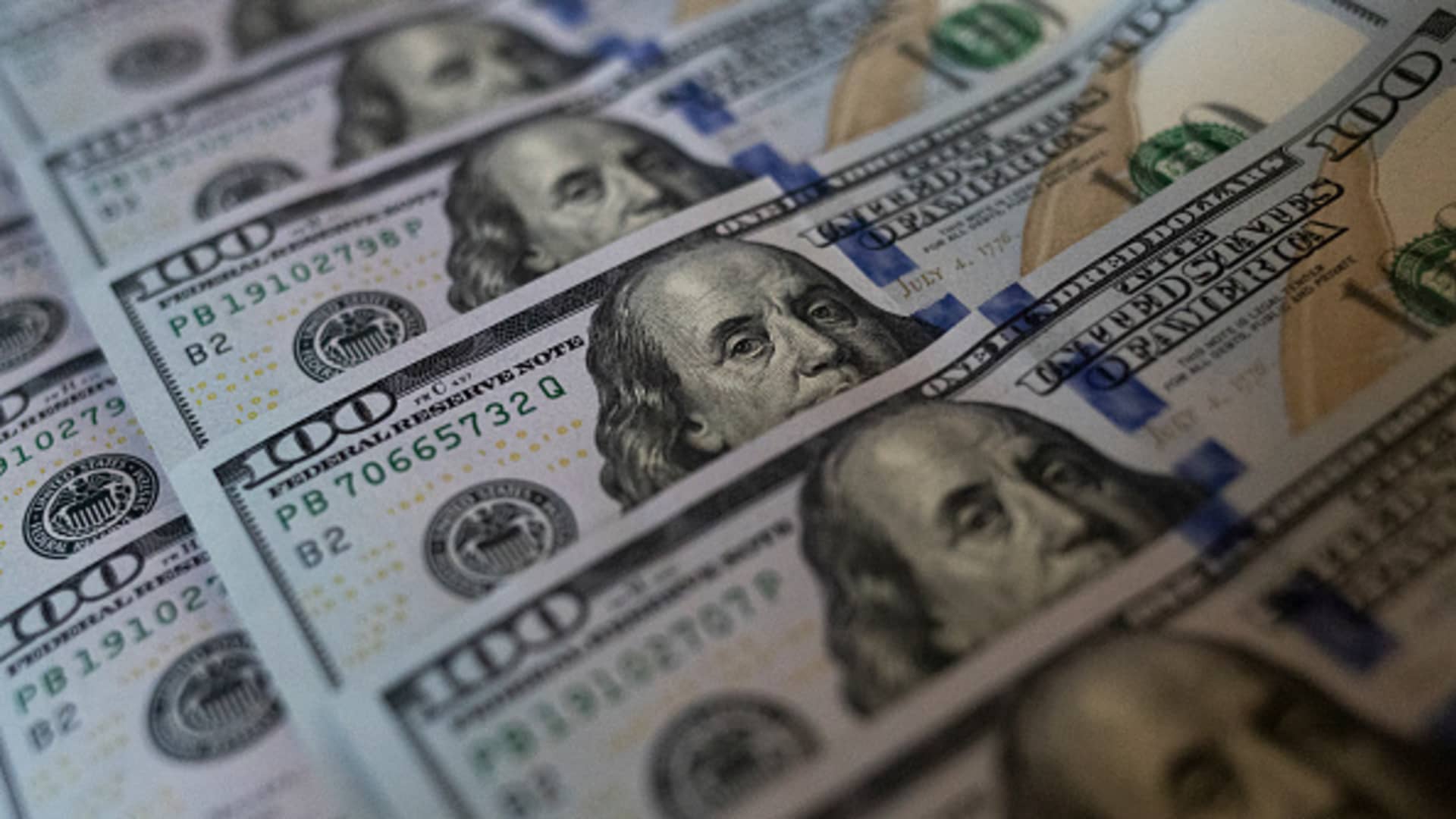Professional fund managers might be getting a little too confident that this stock market rally has room to run, according to Bank of America. The bank’s monthly fund manager survey showed that professional investors are putting more and more cash to work, which could be a contrarian indicator and spell future trouble, investment strategist Michael Hartnett said in a note to clients. When cash levels are drawn low, the thinking among some on Wall Street is that that there’s less dry powder available to put into stocks, and more buying is in the past than the future. “Investor sentiment most bullish since Feb’25 on biggest surge in profit optimism since Jul’20 & record surge in risk appetite past 3 months; cash levels fall to 3.9% triggering ‘sell signal,’ the note said. That 3.9% cash level, measured as a percentage of assets under management, is the lowest in more than a decade, according to Bank of America. While fund managers were reducing their cash piles, they were adding to technology and materials stocks. The cash drawdown comes as the S & P 500 has recently hit a string of record highs, starting in late June. Still, Hartnett isn’t ready to call a top in the stock market, at least not yet. “With equity [overweight] not yet extreme, bond vol still low, greed always much harder to reverse than fear, investors [are] more likely to stick to summer of hedging & rotation rather than big shorts & retreat,” the note said. .SPX 1Y mountain The S & P 500 has made several record highs over the past three weeks. The survey also includes a hint that the murky situation around tariffs between the United States and most major trading partners could prove to be what causes these fund managers to raise cash. “The top ‘tail risk’ is ‘trade war triggers global recession’ at 38%,” the note said. However, that is down from 47% of managers who named the tariff situation as the biggest risk in June. The survey was conducted from July 3 to July 10 and included 211 participants representing $504 billion in assets under management. — CNBC’s Michael Bloom contributed reporting.





